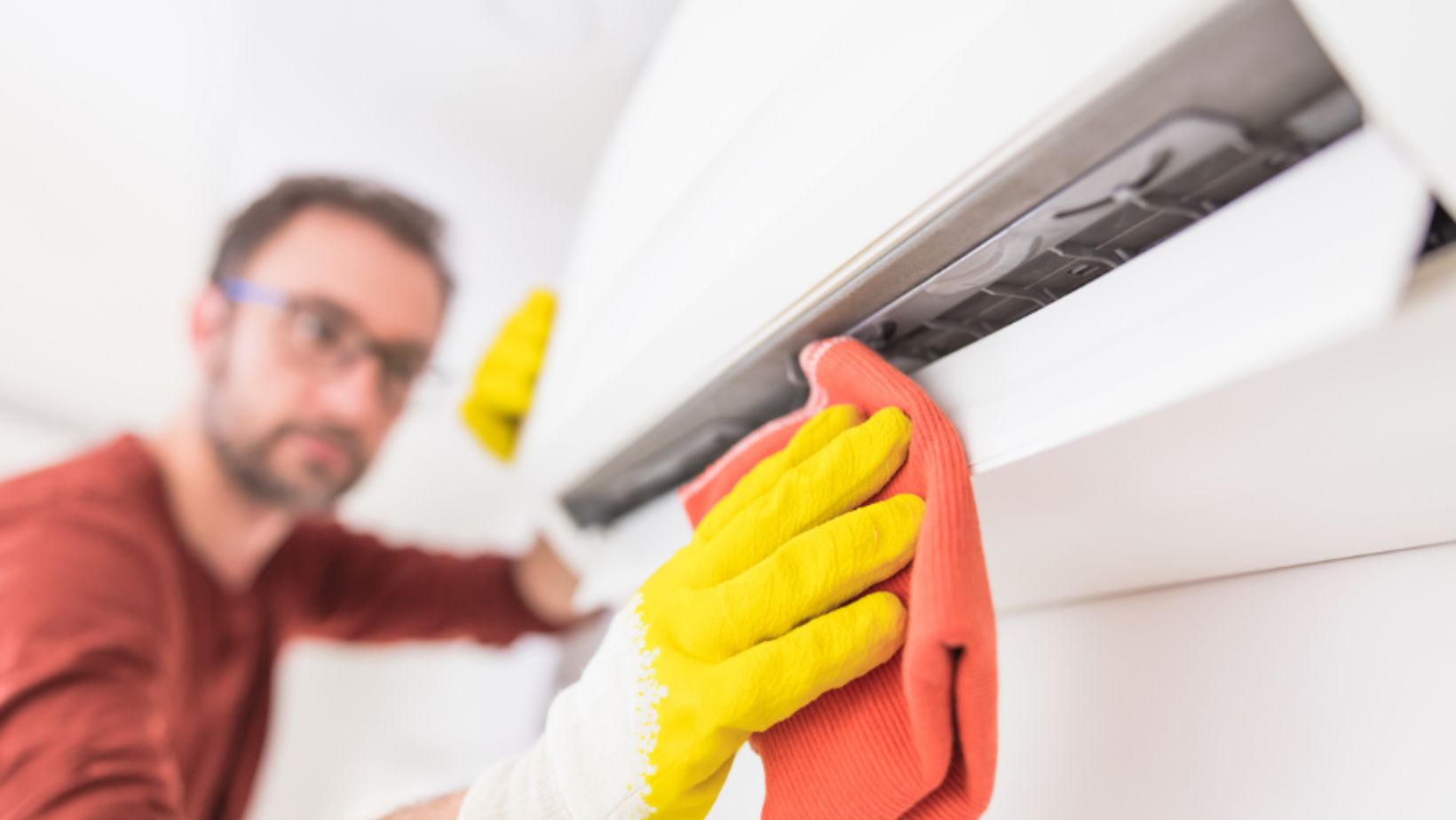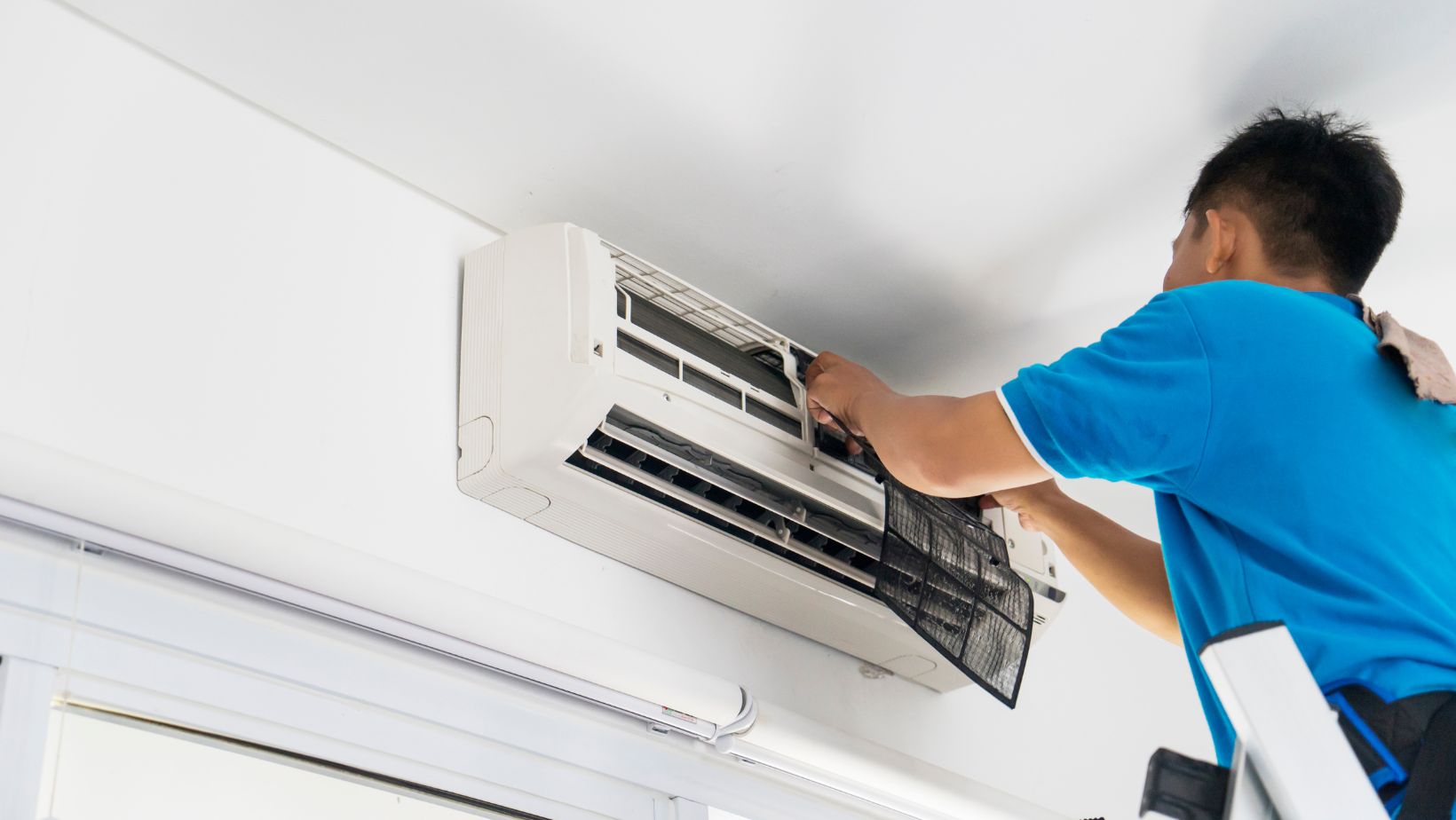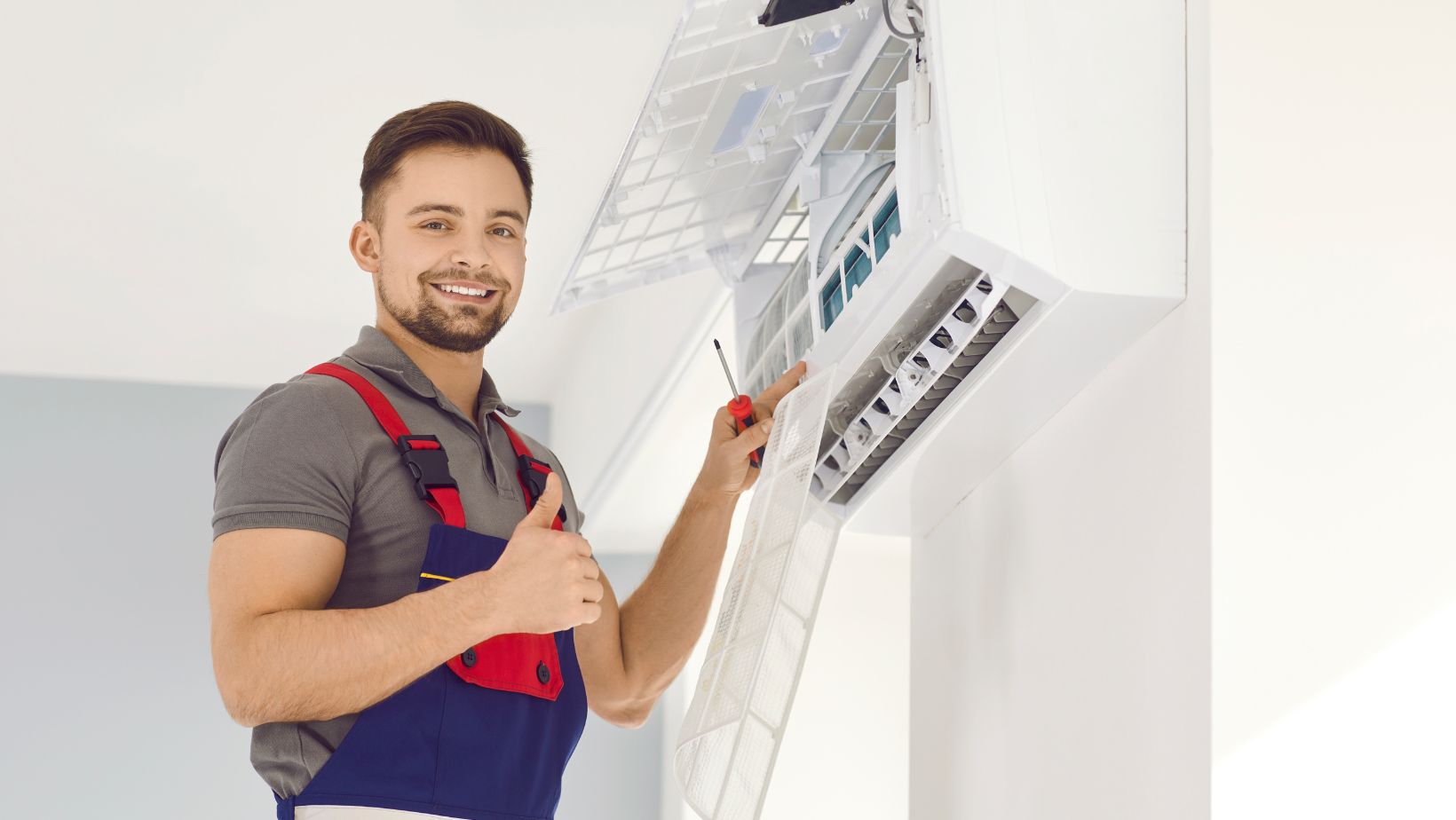
Deciding between local AC repair services and a do-it-yourself (DIY) approach is a common dilemma for homeowners. This article will explore the advantages and disadvantages of each to guide you in making an informed choice.
Understanding DIY AC Repair
DIY AC repair can range from simple tasks like replacing filters to more complex ones like fixing refrigerant leaks. Many choose DIY to save money or enjoy the satisfaction of solving a problem themselves. However, it’s important to assess your skills and the task demands realistically.
The Challenges and Risks of DIY AC Repair
DIY AC repair, despite its appeal, carries several challenges and risks:
- Safety Hazards: Working with electrical components and refrigerants can only be safe with proper training and equipment.
- Complexity of Modern Systems: Today’s AC systems are sophisticated and require specialized knowledge for proper diagnosis and repair.
- Risk of Exacerbating Problems: Incorrect repairs can lead to more significant issues, potentially resulting in costlier fixes.

- Voiding Warranty: DIY repairs can void the warranty of your AC unit, leading to more expenses in case of future failures.
- Lack of Proper Tools: Specialized tools are often required for AC repairs, which most homeowners need to possess.
- Time-Consuming: DIY repairs can be time-consuming, especially without prior experience.
Benefits of Professional Local AC Repair Services
Choosing professional AC repair services offers several advantages:
- Expertise and Experience: Professionals have the training and experience to diagnose and fix complex AC issues efficiently.
- Appropriate Tools and Equipment: They have access to the right tools and technology for accurate and efficient repairs.
- Warranties on Service: Professional repairs often come with service guarantees, offering your investment peace of mind and protection.
- Safety: Professionals are trained to handle potentially dangerous situations, reducing the risk of accidents.
- Time-Saving: Expert services can complete repairs more quickly than DIY, minimizing the inconvenience.
- Long-Term Cost-Effectiveness: Proper repairs can extend the life of your AC unit and prevent future costly breakdowns.
Cost Comparison: DIY vs. Professional Repair
Initially, DIY may appear cheaper, but it’s important to consider long-term costs. Mistakes made during DIY repairs can lead to more expensive fixes later on. While initially more costly, professional services can offer more cost-effective solutions in the long run.
When to Choose DIY and When to Call a Professional
Deciding between DIY and professional AC repair involves assessing the situation and your abilities:
1. Choose DIY for Simple Tasks: Tasks like replacing air filters, cleaning AC coils, or unclogging drain lines can typically be handled DIY.
2. Call a Professional for Complex Issues: Issues like refrigerant leaks, electrical problems, or any repairs that involve disassembling the AC unit are best left to professionals.
3. Consider Safety and Warranty: Before attempting DIY repairs, consider the safety risks and warranty implications.

4. Evaluate the Cost-Benefit: Sometimes, a simple fix can become a complicated issue. Weigh the potential cost savings of DIY against the risk of needing more expensive repairs later.
The Importance of Regular Maintenance by Professionals
Regular maintenance by professionals can prevent many common AC problems, potentially reducing the need for both DIY repairs and emergency professional services. This proactive approach can save money and extend the life of your AC system.
Choosing between DIY and professional local AC repair services depends on the nature of the problem, your own skills, and considerations of safety and cost-effectiveness. While DIY can be satisfying and appropriate for minor issues, professional services offer expertise and reliability for more complex repairs. Assess your situation carefully to choose your AC repair needs best.





